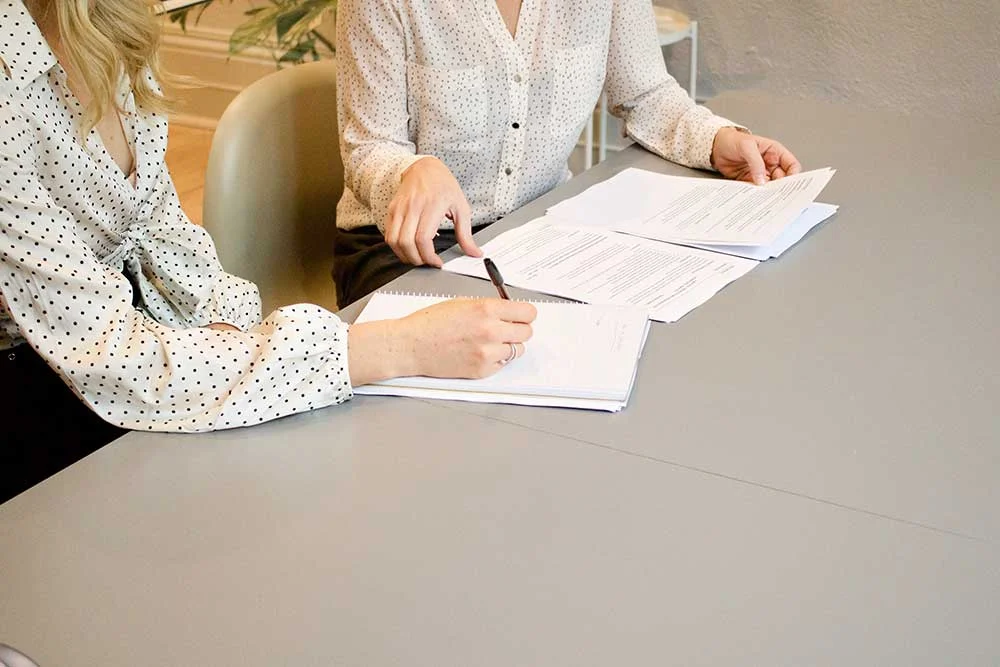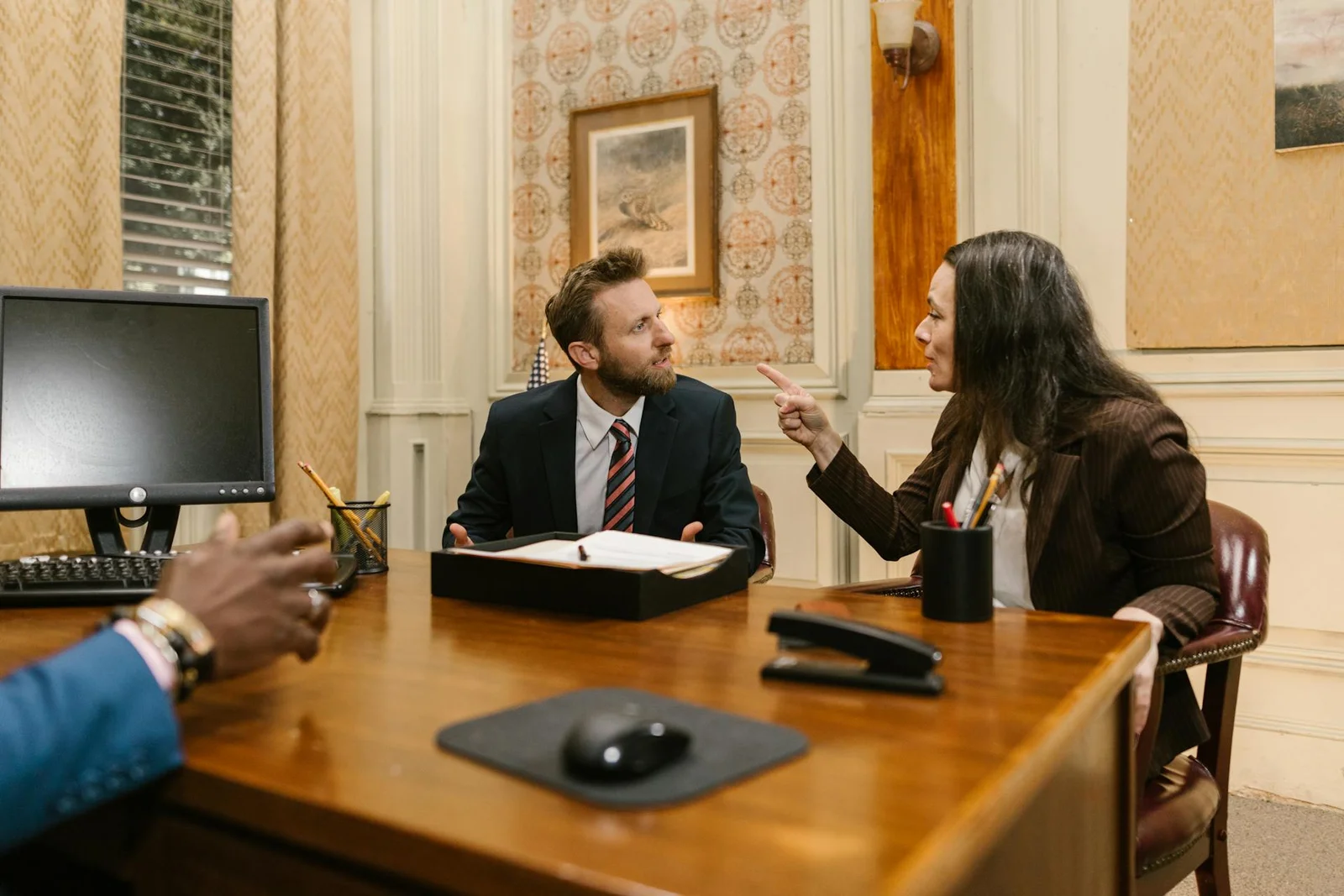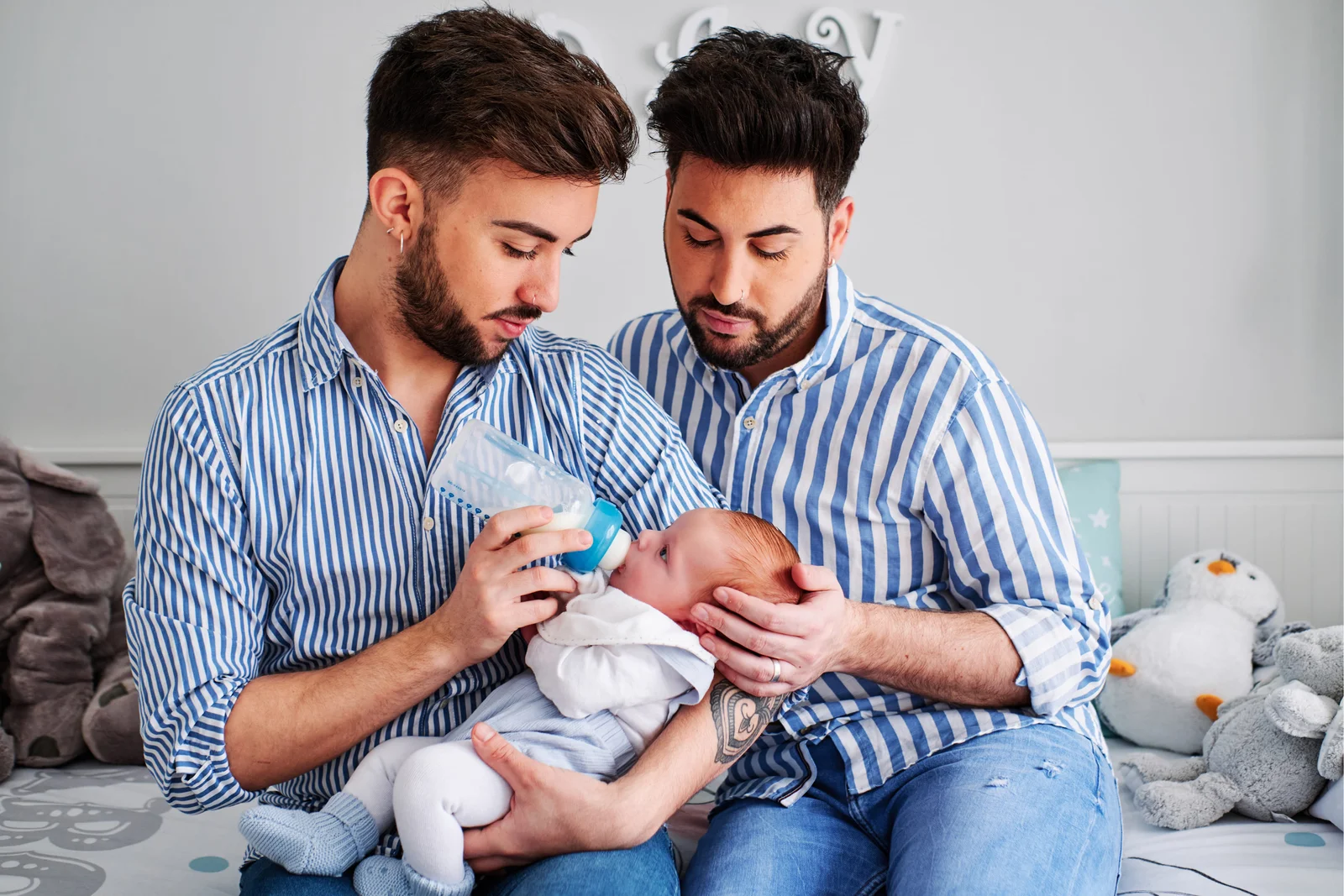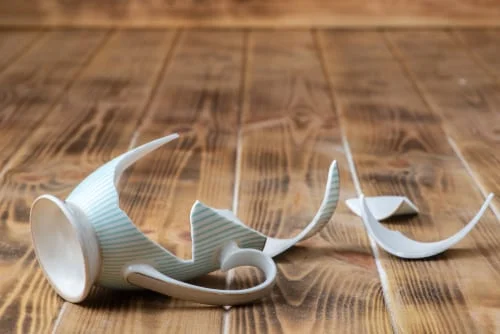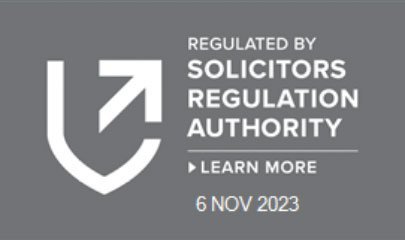In traditional mediation you sit with your former partner and a trained mediator to discuss arrangements directly. You will usually attend several sessions, during which the mediator will help to keep the conversation on track, whilst also ensuring the agreements you reach are lawful. It is both sensible and common practice to take separate legal advice to ensure that you agree a settlement that is fair and works for both of you. You can read more about traditional mediation in our blog Could mediation help you to resolve your family law dispute?
Successful mediation is usually quicker and cheaper than involving the courts, but many people find the idea of advocating for themselves daunting. In which case, Solicitor Led Mediation could be a better option.
What is Solicitor Led Mediation?
In solicitor led meditation, your solicitor attends mediation with you and can speak on your behalf. This can be helpful if one person is less confident or there is still a lot of emotion affecting your ability to communicate with each other.
You can sit round a table together with your solicitors and the mediator to have a discussion, or in separate rooms with the mediator presenting each person’s views. The main advantage of the latter is that you will be able to have full and frank conversations with your solicitor before responding, but in both cases you will have the benefit of their advice and support, so that you might reach agreement more quickly.
Is Mediation Legally Binding?
Mediation is a voluntary and confidential process intended to help you reach agreement or narrow tricky issues. Agreements reached within mediation are not legally binding but can be drafted into Heads of Agreement at the end of mediation and in turn into a Consent Order. Once you have signed Heads if Agreement it can be difficult to rescind from the Agreement. If a Consent Order is sent to the Court and approved by a Judge then it will be legally binding.
An advantage of attending mediation with your solicitor is that Heads of Agreement can be drafted and often signed on the day the agreement is reached.
If, however, you are unable to reach agreement, you can take your matter to Court or try another method of dispute resolution such as Arbitration. If you do this, you cannot refer to the discussions you have had in mediation, although any financial information that has been provided can be used.
Is Mediation Right for Me?
Mediation is not right for everyone and is not appropriate where there has been significant domestic abuse. However, for most people, even where conflict levels are high, it can be a very effective process for sorting out disagreements. It can also help with communication and understanding going forward.
Legal Advice
We have highlighted mediation as an effective means of Alternative Dispute Resolution (ADR) but there are other methods available. If you wish to explore whether mediation, or another method of ADR, may be helpful in your case please get in touch with us at Allard Bailey Family Law.
To book a virtual consultation or telephone appointment with one of our team, please call 020 7993 2936 or complete the Contact Form on this page.



